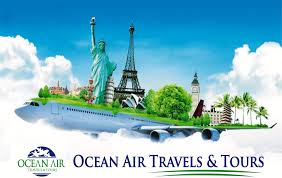
Escape the hustle and bustle of everyday life with our Serene Escape Package, designed to offer you tranquility, rejuvenation, and a deep connection with nature. This package is perfect for travelers seeking peace, relaxation, and a break from the fast-paced world.
Unwind in beautiful, secluded locations surrounded by pristine landscapes—whether it’s a quiet beachfront resort, a cozy mountain retreat, or a peaceful countryside villa. Enjoy wellness activities such as yoga, meditation, spa treatments, and nature walks that refresh your body and mind.
The Serene Escape Package includes comfortable accommodations, healthy gourmet meals, and personalized services to cater to your relaxation needs. Immerse yourself in calm environments where time slows down, allowing you to recharge and find balance.
Ideal for solo travelers, couples, or small groups, this package ensures a restorative experience filled with serene moments and mindful living.
| Country | Canada |
| Languages Spoken | English |
| Currency Used | Usd |
| Area | Ontario |
| Time Zone | Pacific Time Zone (PT): UTC −8:00 (e.g., Vancouver, Victoria) |
| Visa Requirements |
Most travelers require a visa or an Electronic Travel Authorization (eTA) to enter Canada, depending on their nationality and the purpose of their visit. Key Types of Entry Permission:
General Visa Application Requirements:
Important Notes:
|
| Activities |
Would you like recommendations for family-friendly activities, adventure sports, or specific regions? |
| Best Time to Visit |
Best Time to Visit CanadaCanada is a vast country with varied climates, so the best time to visit depends on the region and the activities you prefer.
|
| Health and Safety |
Health & Safety in CanadaCanada is known for its high standards of healthcare, safety, and traveler-friendly environment. Here are some important tips to ensure a smooth and safe trip:
|